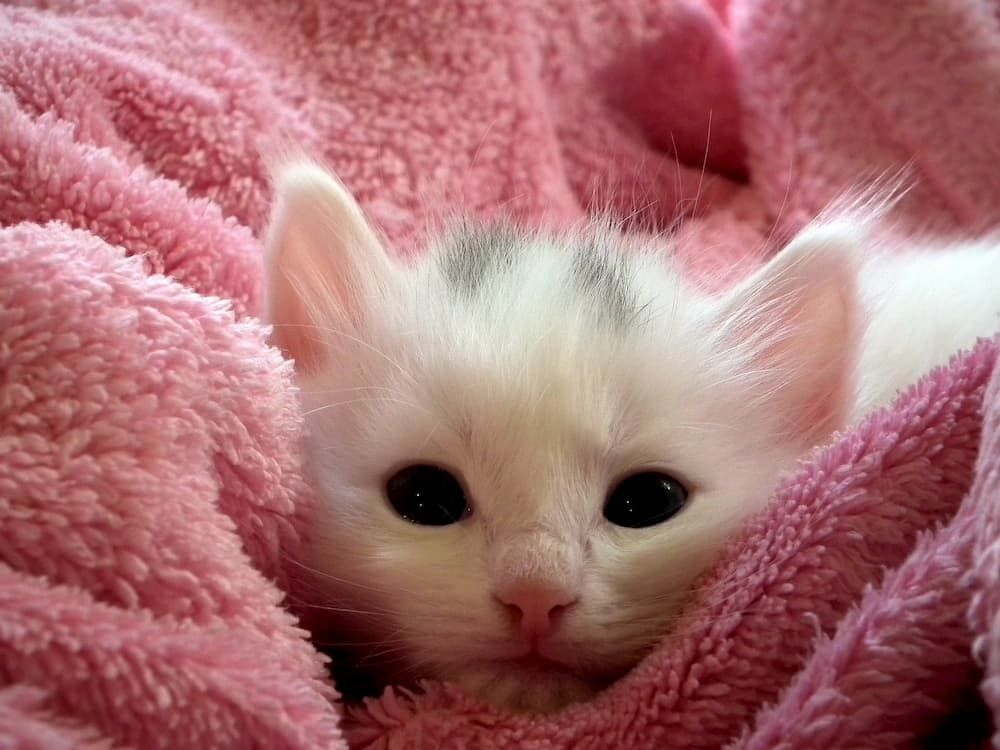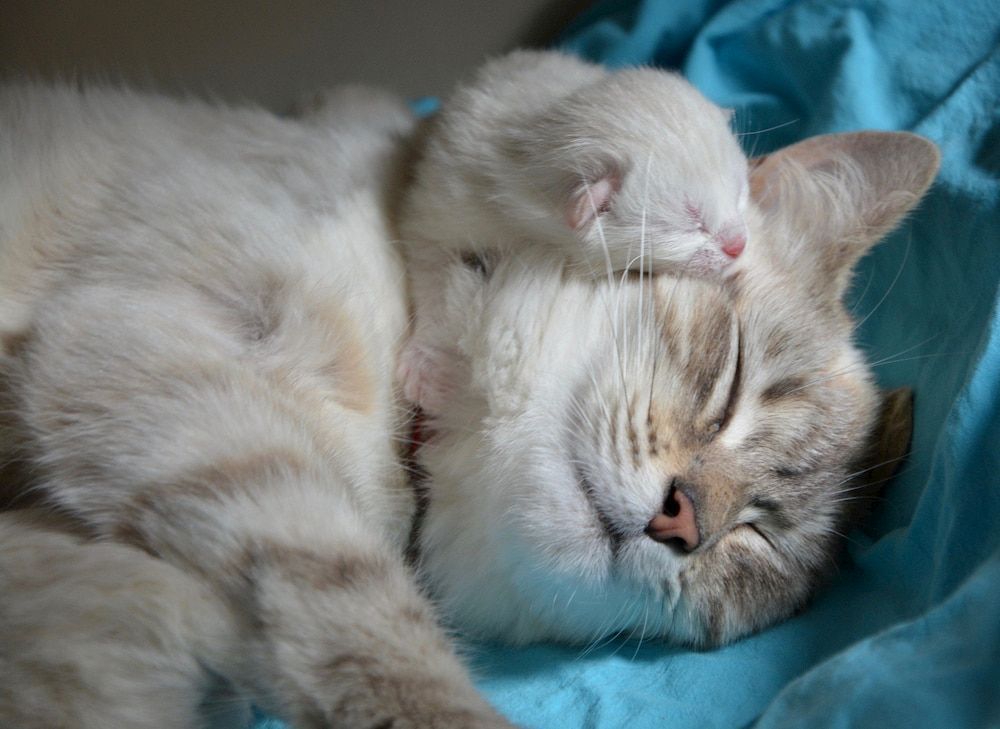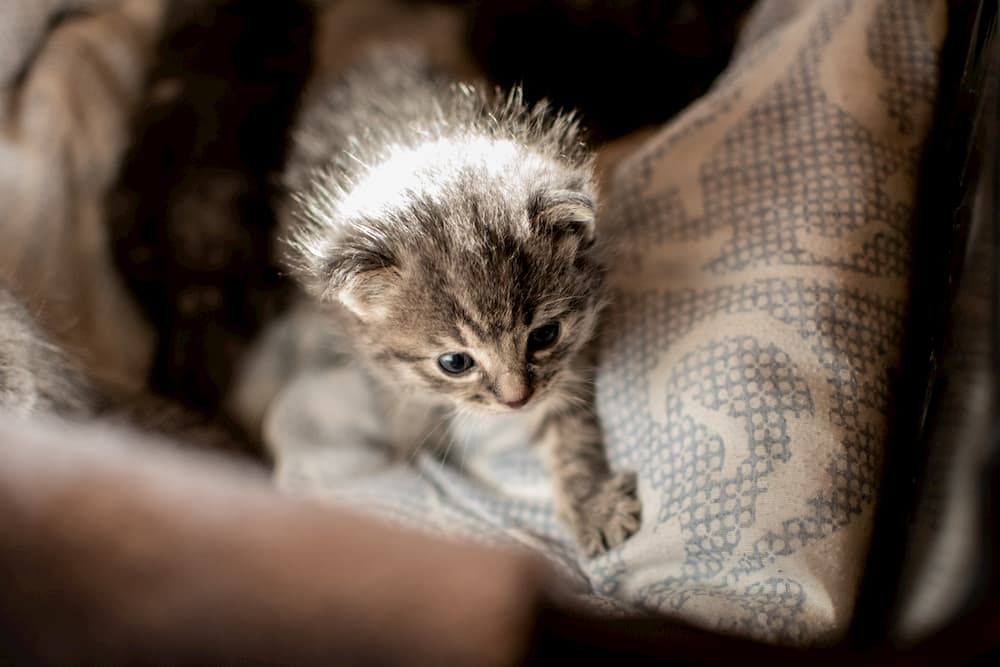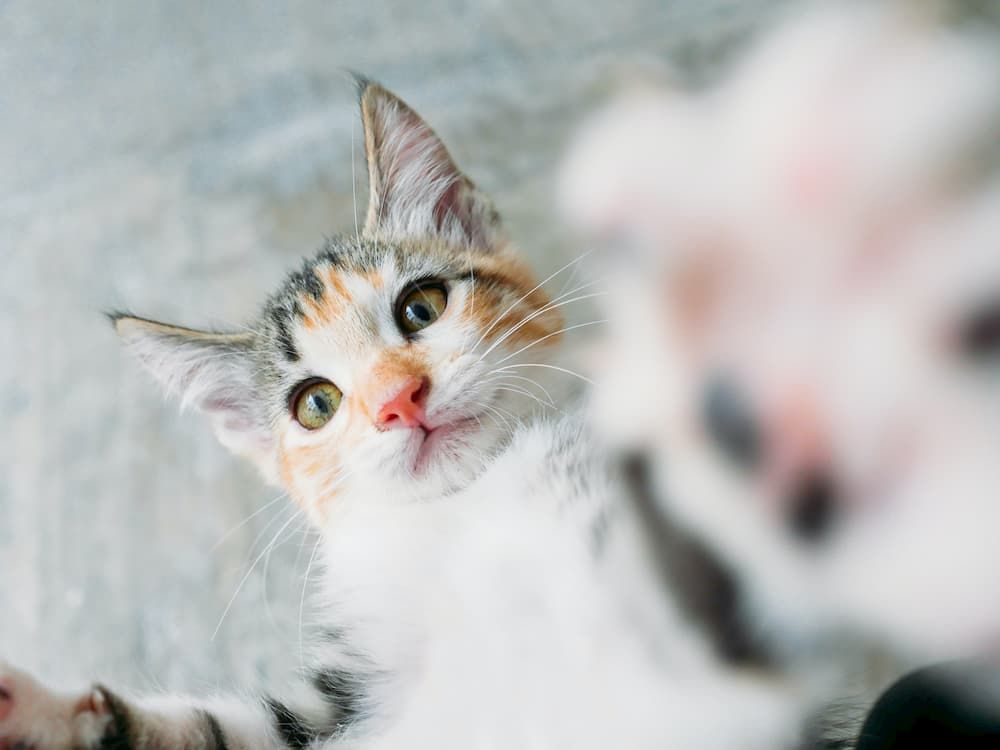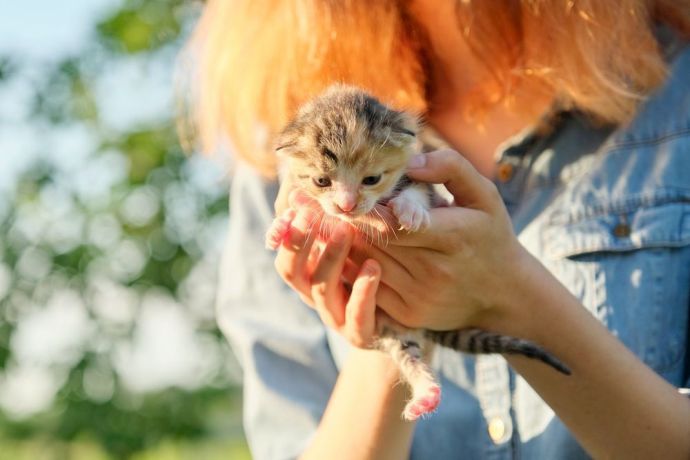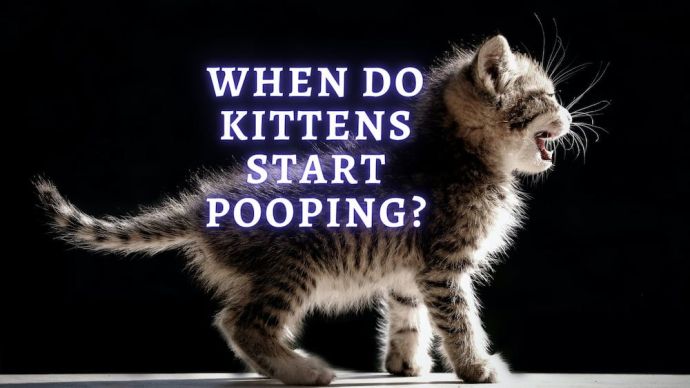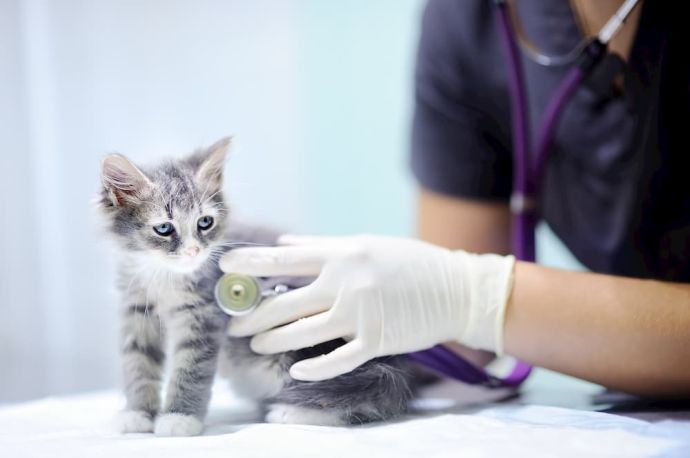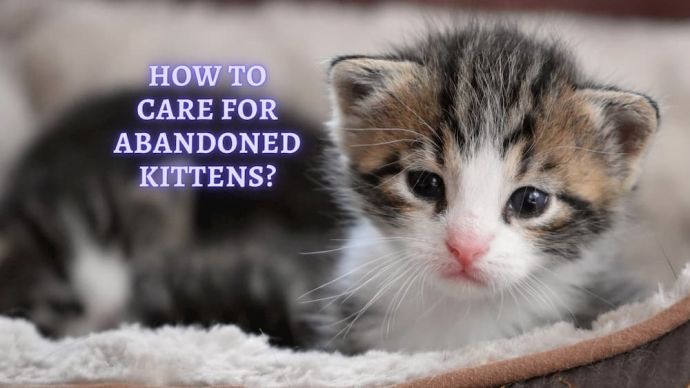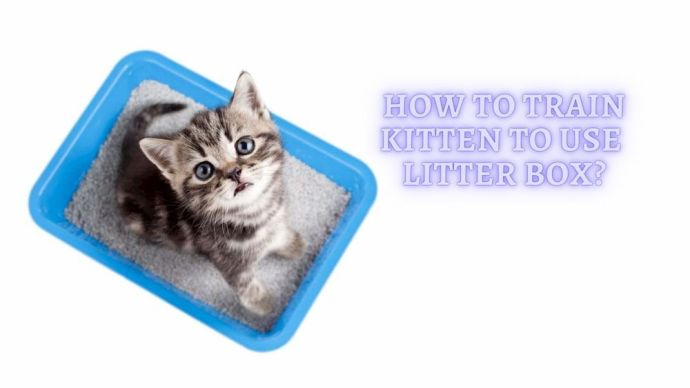Weaning Kittens: When to Wean a Kitten?
Written by:
Author: Tosine Kennedy
Tosine Kennedy is a professional writer and editor who loves pets and travel. Tosine has 6+ years of professional writing experience. She is a pet lover and specializes to write articles on Dog and Food Care.
View all 4 articlesLearn about our editorial process and veterinary review board.
Reviewed by:
Veterinary review
by Dr. Joanna De Klerk
Dr. Joanna de Klerk is a professional Clinical Veterinarian. Member of the Royal College of Veterinary Surgeons UK and a member of the South African Veterinary Association. Graduated with a Master of Science in Tropical Animal Medicine in 2018. Professional author, she has been writing in scientific journals, and also several book series. Joanna loves to enjoy time with her young daughter and family in her free time.
View all 10 articlesLearn about our veterinary review board
Viewed: 596
Updated on: 06/25/2021
Newborn kittens depend entirely on their mother or humans for nourishment, warmth and other basic necessities. You probably noticed their endearing blue eyes from birth. But did you know that all kittens are born with blue eyes? The color may change as they mature, though. And they can’t see clearly till about 2 weeks.
You are about to raise, or you already raised young kittens with or without the help of the mother cat. You are moving towards the next stage – weaning the kitten. Are you worrying and fretting about how to wean the kittens in your care? Let’s navigate the road.
If the mother cat is around, you don’t have much to worry about. She instinctively knows what to do and when to do it. You need to provide little assistance. But if she is unavailable for some reason, then you’ve got your work cut out for you.
Weaning of kittens involves the rewarding, but a messy transition of the kittens from being dependent on mum’s milk or feeding bottle to solid foods and overall independence. They need extra care and attention at this period, and you are the one to provide those. This will need to ensure that they get enough nutrients and the skills that will be useful to them their entire lives. It is, therefore important to get it right from the beginning.
How long do Kittens need to stay with their mother?
Naturally, cats love their independence. So, often, the kitten cannot wait to leave the mother’s nest. The weaning process usually starts from around 4 weeks. But this may vary from kitten to kitten. With close observation, you will notice some signs like the deciduous premolars coming out, signifying that the kitten is ready for weaning.
With the mother cat around, the kittens will begin to show signs of independence by trying to eat the mother’s solid food. Or when, in the absence of the mother cat, the kitten begins to bite or chew on the feeding bottle, it is ready. At this point, you can gradually start to introduce soft kitten food.
This, however, does not mean that the kitten is ready to be removed from the mother completely. Even if the kitten no longer feeds entirely of the mother’s milk, it still needs to stay close to its mother for a while yet. The kitten continues to occasionally nurse of the mother’s milk during the weaning period. The weaning process usually lasts another few weeks to a month, during which kitten food gradually replaces mother cat’s milk.
It is unwise to separate a kitten from its mother prematurely. It gets essential nutrients from the mother’s milk. These are vital to the growth and development of the kitten. Also, kittens learn most of the survival methods and other life lessons from their mothers. The mothers also give out pheromones that have calming effects on the kittens. They need to spend enough time with their mother and socialize in the company of their siblings.
HoweHowever, humans must step in and do the best they can to provide essential nutrients, care, and warmth for the kittens if there’s no mother cat.
Can you wean kittens at 3 weeks?
It is better to start weaning kittens from 4 weeks old till about 8 to 10 weeks. However, if the kitten can stand on its own, see and focus eyes before 3 weeks, then weaning can begin very slowly. If the mother cat is unavailable, weaning can be introduced as from 3 weeks of age. However, if you are hand-weaning your kittens (without the mother), be sure not to start the weaning process too early. You might cause problems for the kitten, now and in the future. Allow the kitten to naturally mature to that stage by monitoring closely for signs of readiness.
Whatever happens, you need to use your discretion at all times. If you think the kitten is not yet ready for weaning, then don’t wean it. If, in the process, you notice some changes in the kitten’s health, like diarrhea, then step back and give it some time. If you notice the kitten is showing any signs of maturity mentioned earlier, like the emergence of premolars, then go ahead with weaning. But introduce weaning slowly and watch out for any reactions.
Weaning Kittens Process
Weaning can be a difficult process, especially if the mother cat is not available. It is a gradual, progressive journey into the kitten’s independence. You can separate the kitten from the mother a little by little, say like a couple of hours at a time daily. Place it with the siblings in a separate area with water bowls and litter box. The kittens will learn independence while the mother cat gets her rest.
To introduce the kitten to the world of solid food, you begin slowly. First, start by mixing kitten formula with kitten food to form a thick, soft mixture. Smear this combination around the mouth and watch them lick at it. Continue this way and before you know it, they’d be able to recognize this particular food wherever it is located. If the kittens don’t take to this mixture, feed them with kitten formula.
From there, the kittens will graduate into lapping from a bowl. As you monitor them closely at this stage, be careful not to catch pneumonia by inhaling the mixture or lapping too fast that it chokes them.
Gradually introduce the kittens to moistened, dry food from the 4th or 5th week. You can start with dry kitten foods mixed with water and left to soak for an hour. As the transition progresses, you can make the food thicker by adding less water. Alternatively, you can go with canned kitten food. They can then move on to nibble on kibble in time.
By the 7th week, your kittens can comfortably eat solid kitten food. At this time, weaning period is winding to a close. Note of warning though – throughout the weaning process, do not introduce cow milk to the kitten’s food. This might be detrimental to the kitten’s health as cats are lactose intolerant.
Up till one year, the kitten should still be feeding on solid kitten foods. This is because the kitten continues to grow and develop through the first year.
Useful Tip: Patience will be your friend during the weaning process. Kittens might prefer to play with the food mixture, not realizing it is their meal. This is all part of the process. In time, they will learn. But in the meantime, have a warm, damp, towel handy. Use it to wipe away the dirt on the kitten’s body and keep it warm and dry.
When should you give Kitten water?
Newly born kittens do not need water. They get all the nutrients they need, including water, from their mother’s milk. It is not in the best interest of the young kitten for you to give it water too early. But once they are weaned of their mother’s milk, it is time to introduce water. They need enough water to keep healthy. But at the initial stage, water is not necessary in the life of your kitten.
After the 4 weeks when weaning and drinking water process begins, get a shallow bowl. Watch them closely to make sure they do not sit in the bowl and get wet and cold, as they cannot regulate their body temperature. Keep a close eye on kittens, as they can easily drown in bowls or inhale water accidentally, leading to aspiration pneumonia.
The right Kitten Food
Weaning is not only about getting the timing right, there is the issue of the right food at the right time. Before you make the purchase, ensure that it has a kitten written on it. Kittens are better off with wet kitten food before they graduate into solid food. The wet kitten food provides just the right amount of protein, calories, and fat for the kitten’s healthy growth and development. Still, you can also use dry food which you soak with water.
Don’t forget you are starting the weaning with a mixture of wet kitten food and kitten formula.
The feeding method matters a lot too. Kittens differ and some methods may not work for each kitten. Some would need the mixture to be blended into smoothie and served in a bottle. This is closer to what they were used to. For others, your fingers or tongue depresser may work better.
Take note of how well the kittens accept the food with the method you use. This is important, as kittens can easily inhale food if forcefully fed which can cause life-threatening aspiration pneumonia. If one method doesn’t work out well, try another and still supplement with bottle feeding. That way you ensure they feed properly.
The feeding bowls must not be too big to cause health hazards to the kittens. Keep them small, shallow and of course, clean.
Is it ok to give kittens away at six weeks?
At six weeks, some kittens still suckle their mothers. Their weaning is not yet complete at six weeks. The socialization, teaching of survival skills, elimination and general development are still on-going at six weeks. It is therefore not advisable to give kittens away at six weeks.
In fact, in some countries and states, there are laws against giving out kittens at such a young age. Even if you are taking care of the kitten in the absence of the mother, you still need to continue to do so beyond six months. In either case, you need to wait till the kitten is at least eight weeks before giving it out.
Giving out a kitten at six weeks can have adverse effects on the kitten. For one, it could lead to health challenges for the kitten in future. It could also affect the kitten’s behavioral pattern later in life like not knowing how to groom or hunt for food.
In conclusion
Weaning cat is an exciting experience. You get to watch the kitten evolve into a young cat. But the process must be done correctly to achieve effective weaning goals.
From the kitten food to the method, everything must be done at the right time, and in the right way. If you aren’t sure about something, you should consult a professional or veterinarian to do it correctly. At the end of the day, you will be rewarded with a fully grown cat.
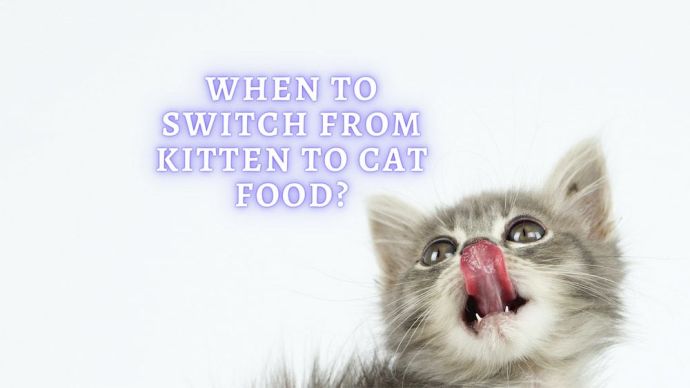 Kitten Care When to Switch from Kitten to Cat Food: Vet Advice on Switching on Adult Cat Food
Kitten Care When to Switch from Kitten to Cat Food: Vet Advice on Switching on Adult Cat Food - 315
- 0
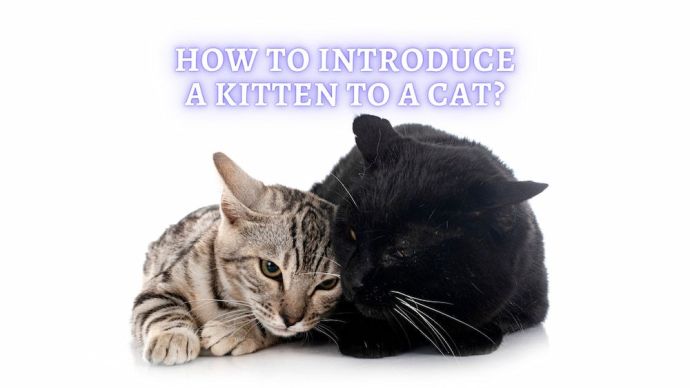 Kitten Care How Do I Introduce My Cat To A New Kitten? 7 Steps To Introduce Cats to Each Other
Kitten Care How Do I Introduce My Cat To A New Kitten? 7 Steps To Introduce Cats to Each Other - 84
- 0
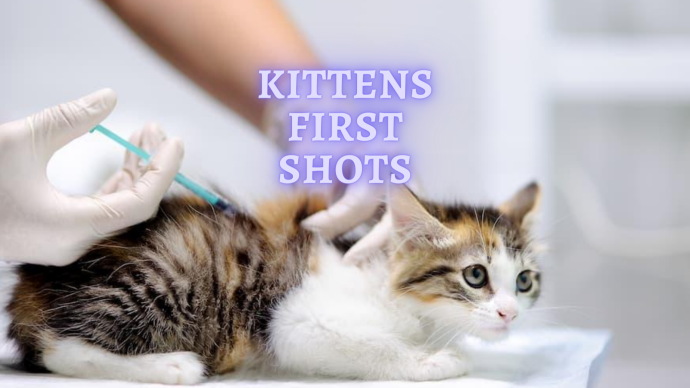 Cat Veterinary Tips Kittens First Shots: When do Kittens get their First Shots?
Cat Veterinary Tips Kittens First Shots: When do Kittens get their First Shots? - 500
- 0
 Cat Care Why Does My Cat Attack My Legs? 10 Reasons Why and What To Do About It (Vet-Approved Advice)
Cat Care Why Does My Cat Attack My Legs? 10 Reasons Why and What To Do About It (Vet-Approved Advice) - 45566
- 21
 Cat Veterinary Tips Cat Stomach Gurgling: Vet Advice on Why is Your Cat Stomach Gurgling?
Cat Veterinary Tips Cat Stomach Gurgling: Vet Advice on Why is Your Cat Stomach Gurgling? - 35339
- 4
 Cat Veterinary Tips My Cat Lost its Voice: Can Cats get Laryngitis? (Vet Advice)
Cat Veterinary Tips My Cat Lost its Voice: Can Cats get Laryngitis? (Vet Advice) - 23247
- 13









